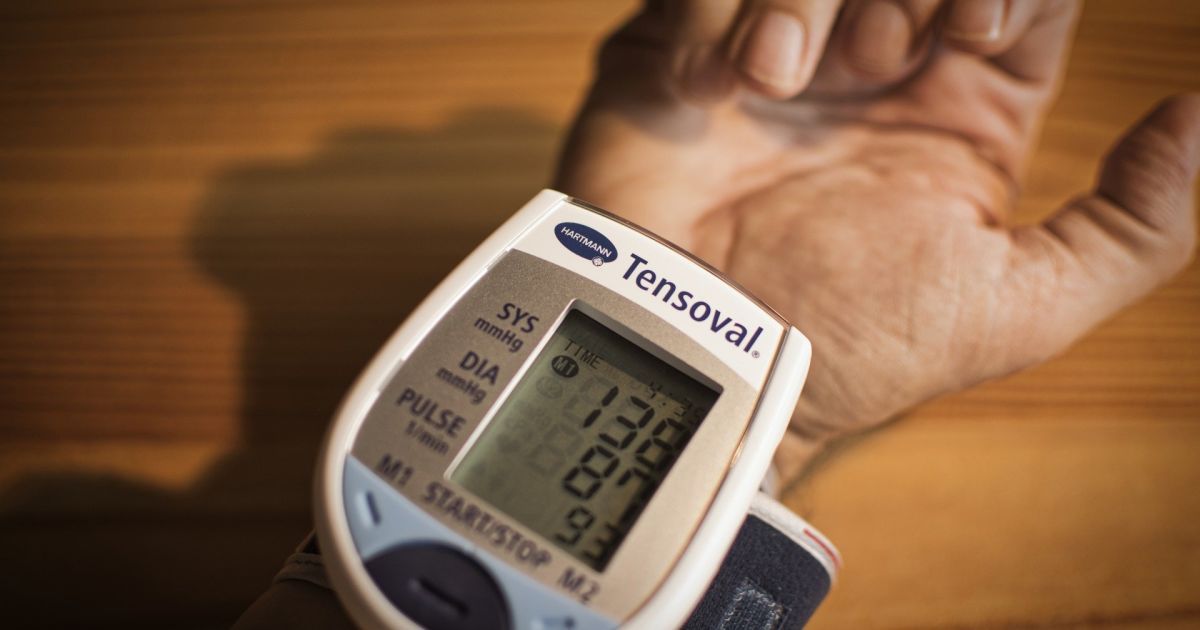High blood pressure can cause serious illness or even death if you do not follow this symptom. New research shows that lowering hypertension may even prolong your life.
According to an experiment carried out by specialists from the University of Liverpool in the United Kingdom in collaboration with the Institute of Translational Medicine in Switzerland and Harvard Medical School, hypertension is the main cause of stroke, heart attack, kidney disease and other problems that can lead to death.
Here's what you need to know about hypertension.
What is hypertension
The presence of hypertension is indicated by indicators of heart activity. The upper number, called systolic blood pressure, is the pressure from the contraction of the left ventricle of the heart. Lower – diastolic blood pressure, measures the relaxation of the left ventricle of the heart.
Normal blood pressure is systolic pressure less than 120 mmHg. Art., and diastolic – less than 80 mm Hg. Art. Century.. It is expressed as follows: 120/80. High blood pressure is systolic pressure between 120 and 129 and diastolic pressure less than 80. High blood pressure or hypertension is systolic pressure equal to or greater than 130, or diastolic pressure equal to or greater than 80.
Blood pressure over 180/120 mmHg It is considered emergency hypertension. It is necessary to immediately call for medical help.
How to know if you have hypertension
The only way to know if you have hypertension is to measure your blood pressure regularly.
Experts recommend checking blood pressure from the age of 18. This is especially necessary if you have risk factors such as smoking, physical inactivity, unhealthy diet, obesity or other diseases.
People over 40 should have their blood pressure checked at least once a year, the clinic added. If you have hypertension, your doctor may advise you to get checked up more often.
Symptoms of hypertension
According to the American Heart Association, manifestations such as nervousness, sweating, sleep problems, or facial flushing are not symptoms of hypertension.
"High blood pressure does not cause headaches or nosebleeds, except in cases of hypertensive crisis, medical emergencies, when blood pressure is 180/120 mmHg. or higher," say experts of the association.
If your blood pressure is unusually high And you have a headache or nosebleeds and are not feeling well, wait five minutes and repeat the pressure check. If your performance remains at 180/120 mm Hg.St. or higher, call an ambulance.
How to prevent hypertension
The risks of developing primary hypertension are as follows:
- family history,
- old age
- Obesity
- diet high in salt
- alcohol consumption and lack of physical activity
Recall that Ukraine remains one of the world leaders in the number of cardiovascular diseases, which is the main cause of death among citizens.
Read also:
- What diseases are not taken to the army: a detailed list
- Three reasons that allow you not to come to the military registration and enlistment office on a summons
- Check yourself: doctors have identified the main symptoms of pancreatic cancer
